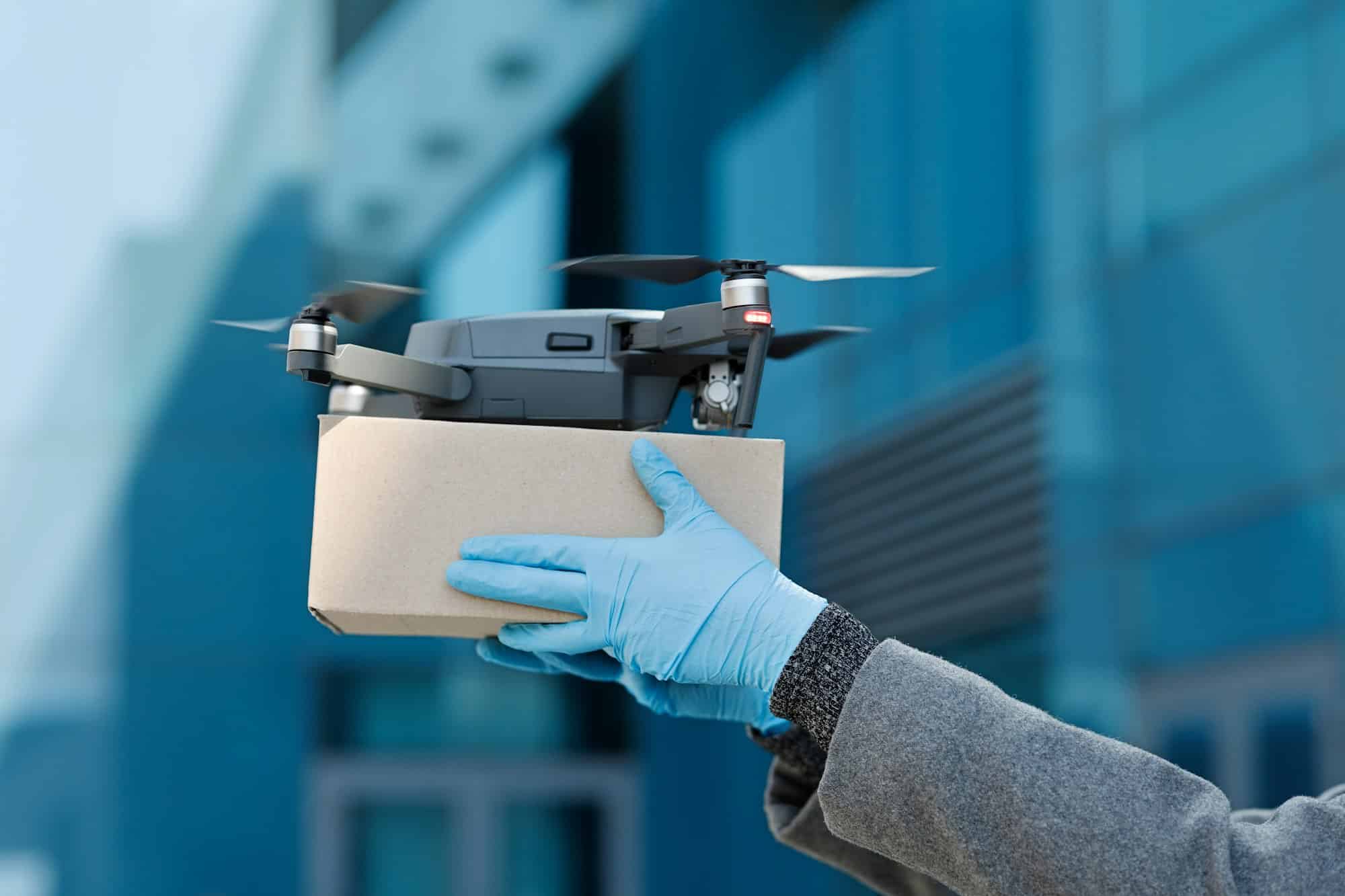How to ensure a UK-based drone delivery service complies with aviation and privacy laws?

The rapid advances in technology are broadening the horizons for businesses, making the impossible, possible. One such area where technology has made significant strides is the use of drones for delivery services. These unmanned aircraft systems have revolutionised delivery models, enabling goods to reach even the most remote locations swiftly and efficiently. However, with these advancements come a set of challenges, especially in terms of complying with aviation regulations and privacy laws. The Civil Aviation Authority (CAA) in the UK has firm guidelines on drone operations which need to be diligently followed. This article will guide you on how to ensure that your drone delivery service adheres to these laws and regulations in the UK.
Understanding the Legal Framework for Drone Operations
The first step to ensure compliance is to fully understand the legal framework governing drone operations in the UK. The CAA, the statutory corporation overseeing and regulating all aspects of aviation in the UK, has set certain rules and regulations for flying drones. The CAA's Drone Code is a comprehensive guide on how to fly drones safely and in compliance with UK law.
The Drone Code highlights the need for drones to always stay within the operator’s line of sight, not to fly above 400 feet, stay 150 feet away from people and properties, and 500 feet away from crowds and built-up areas. It is also essential to understand the rules about drone registration, operator ID, and flyer ID.
Moreover, the CAA has specific guidelines for commercial drone operations. Commercial drone operators need to obtain a Permission for Commercial Operations (PfCO) from the CAA before they can start their operations. It's crucial to understand these rules and regulations to ensure your drone delivery service is both lawful and safe.
Mitigating Risks Associated with Drone Operations
Drone operations are not without risks. Understanding and mitigating these risks are key to running a successful drone delivery service. Drones, like any other aircraft, are subject to unexpected accidents and breakdowns. Incidents such as mid-air collisions, loss of control, equipment malfunctions, and even weather-related disruptions can pose serious risks and liabilities.
To mitigate this risk, the CAA prescribes insurance coverage as a legal mandate. This is where drone insurance comes into play. Drone insurance provides coverage for personal injury, property damage caused by drone accidents and third-party liability. It is prudent to carefully assess the potential risks and ensure an appropriate level of insurance coverage to safeguard against unexpected eventualities.
Ensuring Privacy and Data Protection Compliance
The use of drones for delivery services often involves the collection, storage, and processing of personal data. This could range from the customers' names, addresses, contact details to more sensitive data such as GPS location and payment information. Hence, it's essential to ensure your drone delivery service complies with the UK's stringent data protection laws.
The UK's Data Protection Act 2018 and the General Data Protection Regulation (GDPR) necessitate the need for businesses to protect individuals' personal data. It's crucial to implement robust data security measures to prevent data breaches. Moreover, data collection should be minimal, relevant, and for specific, explicit, and legitimate purposes. Any data processing should be transparent, with individuals being informed about how their data is used and being given the right to access, correct, or delete their data.
Deploying Safety Measures for Drone Flight Operations
The safety of drone flight operations is paramount. It's not just about adhering to the CAA's regulations but also about ensuring the safety of people, other aircraft, and property.
Drones should be maintained regularly to ensure they are in good working condition. The use of safety features like geofencing, collision avoidance systems, and return-to-home functions can help enhance the safety of drone operations. It's also important to conduct regular training sessions for drone operators to ensure they are well-versed in safety protocols and emergency procedures.
Ensuring safe flight operations also involves planning and monitoring drone flight paths to avoid densely populated areas, restricted zones, or areas with high-risk facilities like airports or power plants.
Implementing Responsible Drone Delivery Practices
The image of a company is as important as its services. Therefore, it is crucial to operate your drone delivery service responsibly. This means respecting people's privacy, not causing any nuisance, and being transparent about your operations. Public acceptance of drone delivery services will largely depend on how responsibly and ethically they are operated.
Interacting with local communities and stakeholders can help in understanding their concerns and establishing good relations. It's also crucial to have a well-defined complaint handling process in place. This will help in addressing any issues or concerns related to privacy, noise, or safety promptly and effectively.
Incorporating a Thorough Drone Training Program
A crucial aspect of ensuring that your drone delivery service complies with aviation and privacy laws in the UK is to implement a comprehensive drone training program. This program should be designed to equip your drone operators with the necessary skills and knowledge to safely and legally operate unmanned aircraft.
Your training program should cover various areas, including understanding the CAA's Drone Code, practical drone flying techniques, emergency procedures, risk assessment, and data protection principles. Drone operators must be trained on how to handle drones weighing various sizes, operating drones in different weather conditions, and drones under specific category of operations. Moreover, they should be well-versed with the procedures for obtaining operational authorisation and the process for reporting accidents or incidents.
The training should also focus on certain ethical aspects like respecting individuals' rights, especially in relation to the collection, storage, and processing of personal data. Drone operators should understand the need to obtain individuals' consent before collecting their data and the importance of handling this data securely to avoid breaches.
Furthermore, refresher courses should be offered regularly to ensure that your drone operators stay updated with the latest changes in aviation authority regulations and drone laws. By incorporating a thorough drone training program, you can ensure that your drone delivery service remains compliant with all pertinent laws and regulations.
Conclusion - Striking a Balance between Technological Advancements and Legal Compliance
Advancements in drone technology are radically transforming delivery services, offering unrivalled speed, efficiency, and reach. Drone delivery services have the potential to redefine e-commerce, offering significant benefits to businesses and consumers alike. However, it’s essential to remember that with the adoption of this innovative technology comes a responsibility to comply with aviation and privacy laws.
From understanding and adhering to the rules outlined by the Civil Aviation Authority, acquiring the necessary permissions, implementing robust data protection measures to conducting regular drone training, businesses have to ensure they are operating within the legal framework.
Moreover, striking a balance between harnessing the potential of drone technology and respecting individuals' privacy rights is critical. High standards of practice, transparency, and open communication with stakeholders can help businesses navigate this complex landscape.
In conclusion, as we embrace the future of drone delivery services, compliance with drone laws and regulations is not just a legal requirement but a commitment to safety, privacy, and responsible business practices. With a comprehensive understanding of the legal framework, effective risk management, and a focus on ethical and responsible practices, businesses can successfully operate drone delivery services in the UK.
